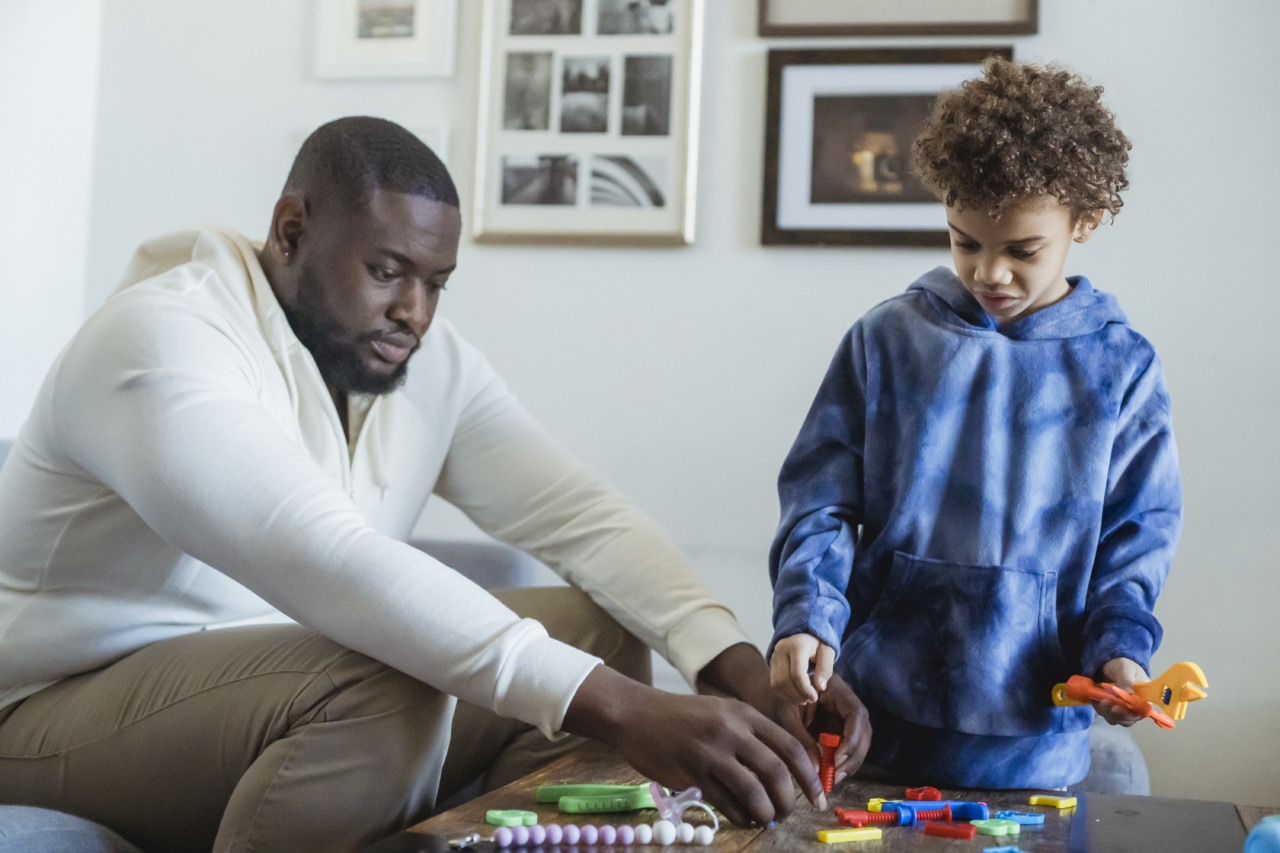As children grow and develop, they experience many changes including physical, emotional, and psychological changes. One of the most important changes is their sexual development.
It is important for parents to support their child’s sexual development in a positive and healthy manner. Here are some tips on how to support your child’s sexual development:.
1. Start the conversation early
It is never too early to start talking to your child about their bodies, their feelings, and their sexual development. Parents can start the conversation by reading books or watching videos with their child that talk about puberty and sex education.
By starting the conversation early, children will be more comfortable asking questions and seeking guidance from their parents.
2. Create a safe and non-judgmental space
Parents should create a safe and non-judgmental space where their child can talk openly and honestly about their sexual development. This means being open-minded, listening without judgement, and offering support and guidance when needed.
Parents can encourage their child to express their feelings, and concerns, by being sensitive and respectful.
3. Be age-appropriate
It is important to be age-appropriate when talking to your child about sex education.
Younger children may be more comfortable talking about basic anatomy and puberty, while older children may be ready to learn about topics such as contraception, safe sex, and healthy relationships. Parents should tailor their conversations to their child’s age and level of understanding.
4. Teach healthy boundaries
Teaching children about healthy boundaries is important as it helps them to understand their own boundaries and respect those of others.
Parents can do this by teaching their child about the importance of consent, respecting personal space and privacy, and understanding how to communicate their boundaries in a way that is respectful and clear.
5. Promote self-esteem and body positivity
Self-esteem and body positivity are important components of healthy sexual development. Parents can help promote positive body image by speaking positively about their own bodies and those of others.
They can also encourage their child to embrace their own uniqueness and develop a positive self-image by reinforcing positive qualities, traits, and achievements.
6. Provide accurate information
Providing accurate information is essential when talking to your child about sex education. Parents can ensure that their child has access to accurate and up-to-date information by providing them with age-appropriate books, articles, and websites.
Parents can also answer their child’s questions confidently and truthfully while avoiding judgmental language.
7. Foster open communication
Encouraging and fostering open communication is important when supporting your child’s sexual development. Parents should let their child know that they are always available to talk, answer questions, and provide support when needed.
By establishing open communication, children will be more likely to seek guidance and support from their parents when they need it.
8. Emphasize respect and empathy
Respect and empathy are important values that can help children navigate their sexual development in a healthy manner. Parents should encourage their child to treat others with respect, empathy, and kindness.
They can also model these behaviors by demonstrating respect and empathy in their own relationships with others.
9. Recognize warning signs
It is important for parents to recognize warning signs that their child may be struggling with their sexual development.
Warning signs may include changes in behavior, a lack of interest in personal hygiene, difficulty sleeping or eating, and changes in emotional state. If parents notice any of these signs, they should talk to their child and seek professional support if necessary.
10. Know when to seek professional help
While parents can provide guidance and support when it comes to their child’s sexual development, they may also need to seek professional help if their child is struggling.
This may include talking to a pediatrician, a counselor, or a sex educator. Seeking professional help can ensure that your child gets the support and guidance they need to navigate their sexual development in a healthy and positive way.





























